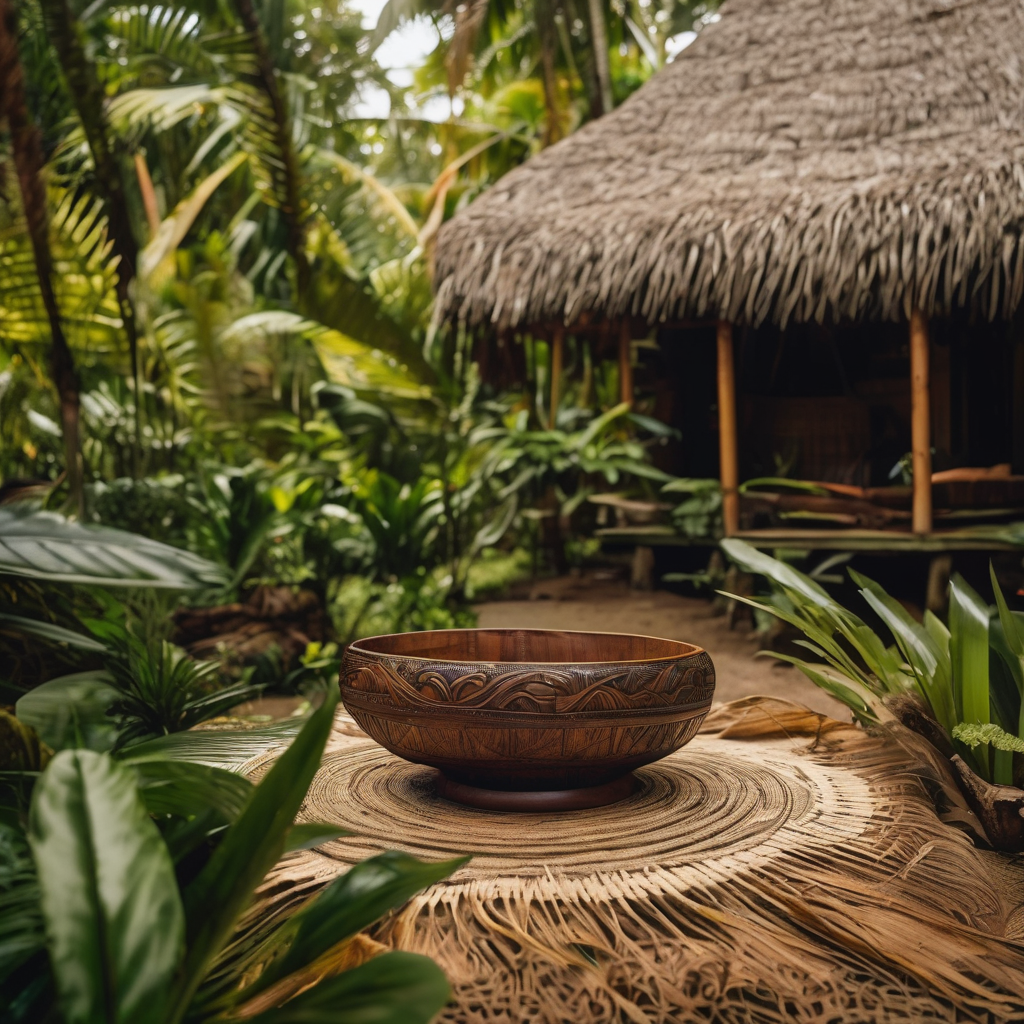In Fiji, there is growing concern over the erosion of indigenous traditions and knowledge, a critical issue that has emerged due to the lingering effects of colonialism and the prioritization of Western education. Cultural specialists and advocates stress the importance of iTaukei communities actively reviving and integrating indigenous practices and languages to safeguard their rich heritage for future generations.
During the recent Indigenous and Traditional Knowledge Conference held in Suva, cultural expert Simione Sevudredre underscored the challenge. He pointed out that the enduring influence of colonialism, coupled with an education system focused on Western ideals, has sidelined traditional wisdom. Sevudredre noted that while individuals excel in various knowledge areas, their own cultural wisdom has often been overshadowed and neglected.
He emphasized the necessity of reclaiming indigenous knowledge and integrating it into mainstream education and society. Sevudredre warned against the disdain often shown towards native languages, as they are carriers of indigenous knowledge. He urged a unified effort among indigenous communities to reclaim their historical wisdom, stressing the pivotal role of international and regional conferences in supporting this cause.
The conference, taking place in Nadi and concluding on the 25th of this month, is a joint initiative supported by Fiji National University, the Pacific Community, the Ministry of iTaukei Affairs, and the World Bank. It seeks to assemble cultural practitioners, knowledge holders, policymakers, academics, and development partners to discuss how to effectively revive and mainstream indigenous knowledge in Fiji and the broader Pacific region.
Previous initiatives have also underscored the necessity of integrating traditional knowledge into the education system to foster cultural identity and resilience. The Ministry of iTaukei Affairs has played a significant role in promoting these efforts, aligning them with wider goals of utilizing Traditional Ecological Knowledge for climate adaptation and disaster preparedness. This blended approach aims to marry ancestral wisdom with modern educational practices, empowering communities to respond to contemporary challenges while preserving their cultural identities.
As Fiji confronts the climate crisis and endeavors to preserve its cultural heritage, it is increasingly evident that incorporating traditional knowledge and practices can contribute to a more sustainable and resilient society. This offers a hopeful opportunity for Fiji to not only protect its rich cultural legacy but also leverage it to build stronger, more cohesive communities in the face of modern challenges.
